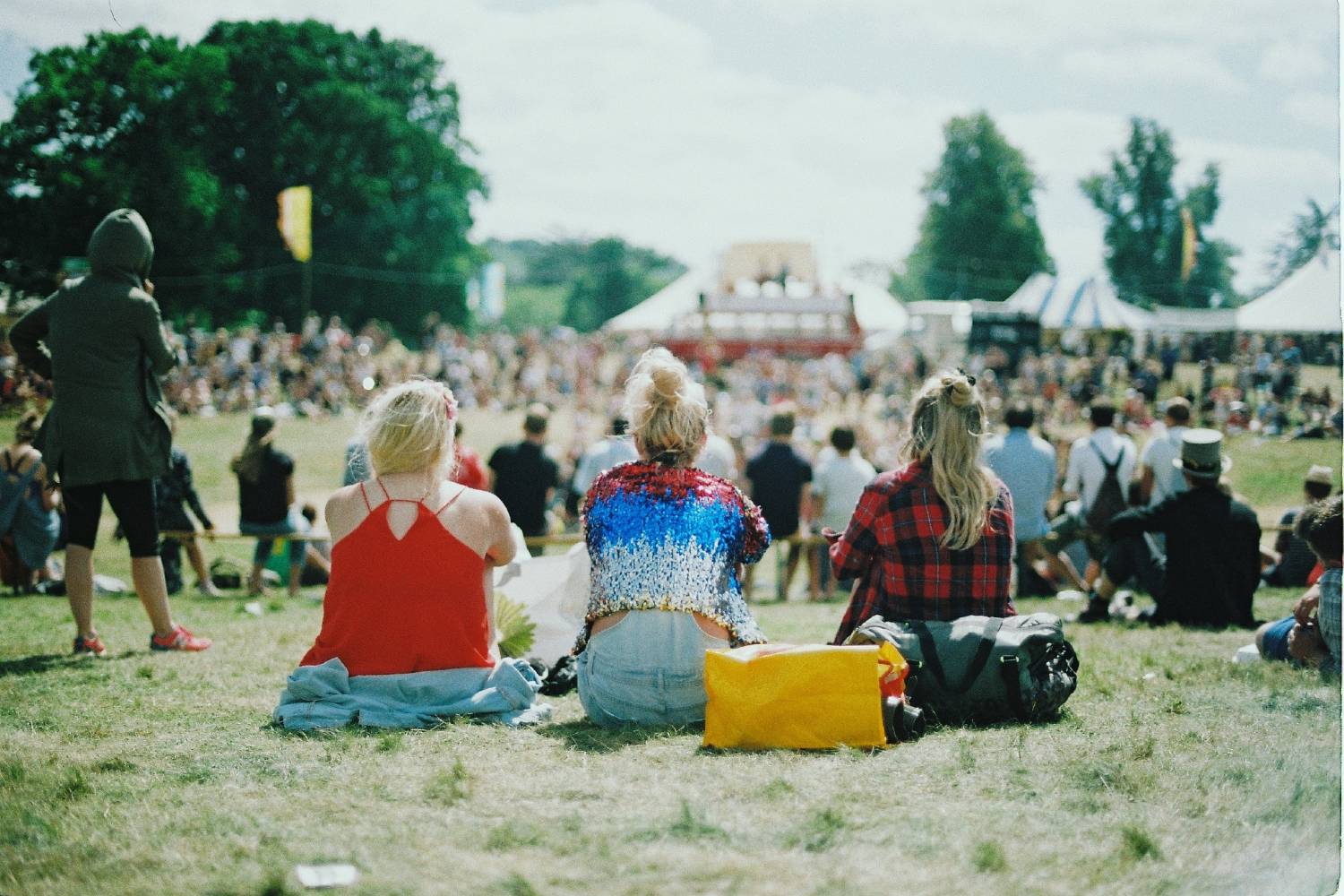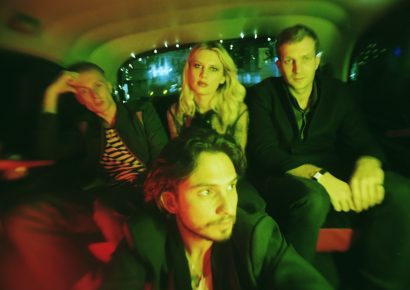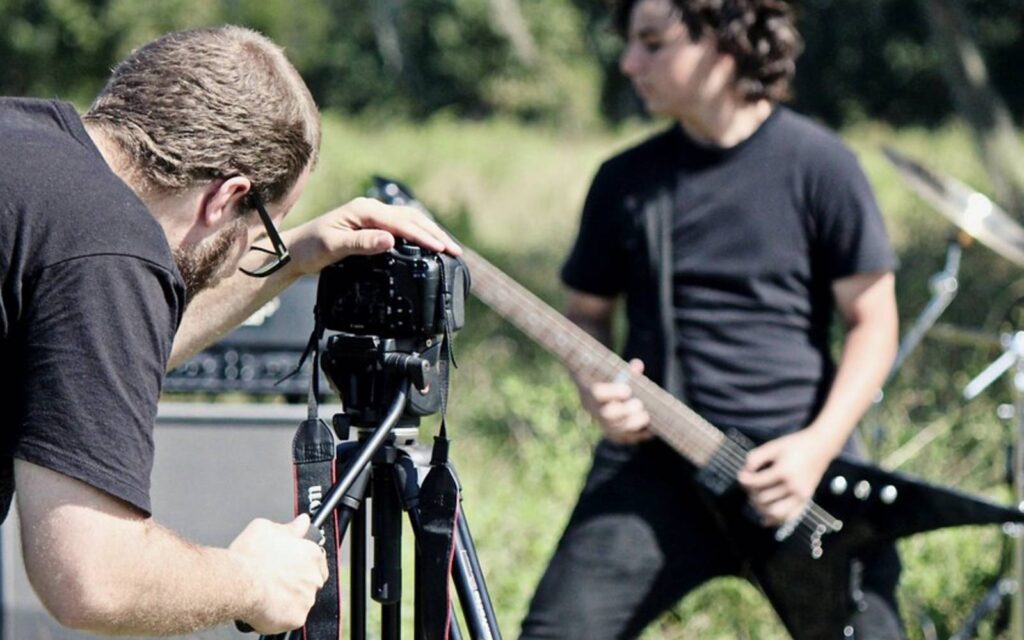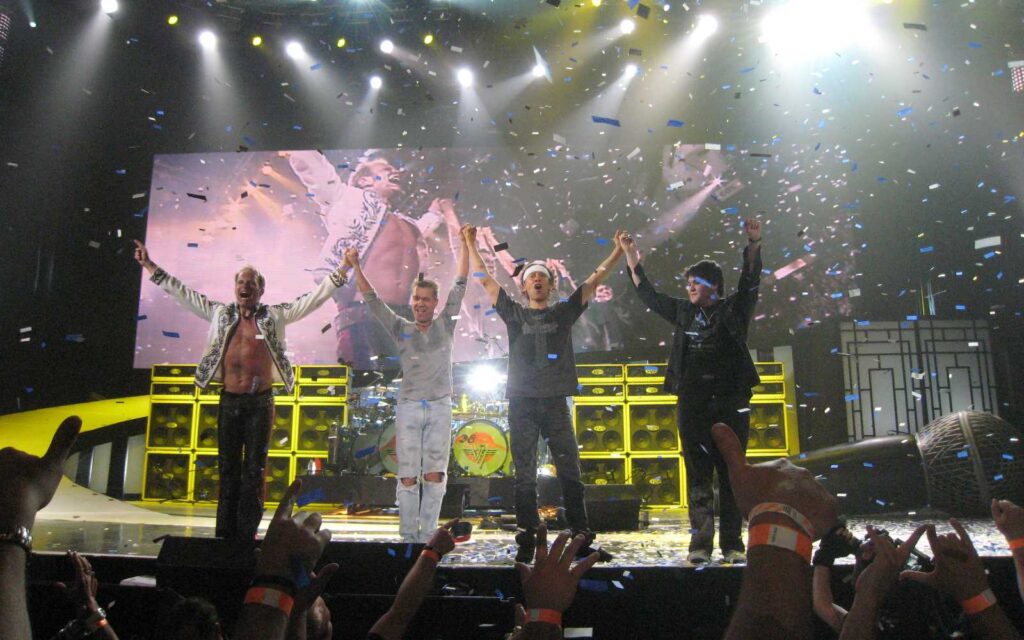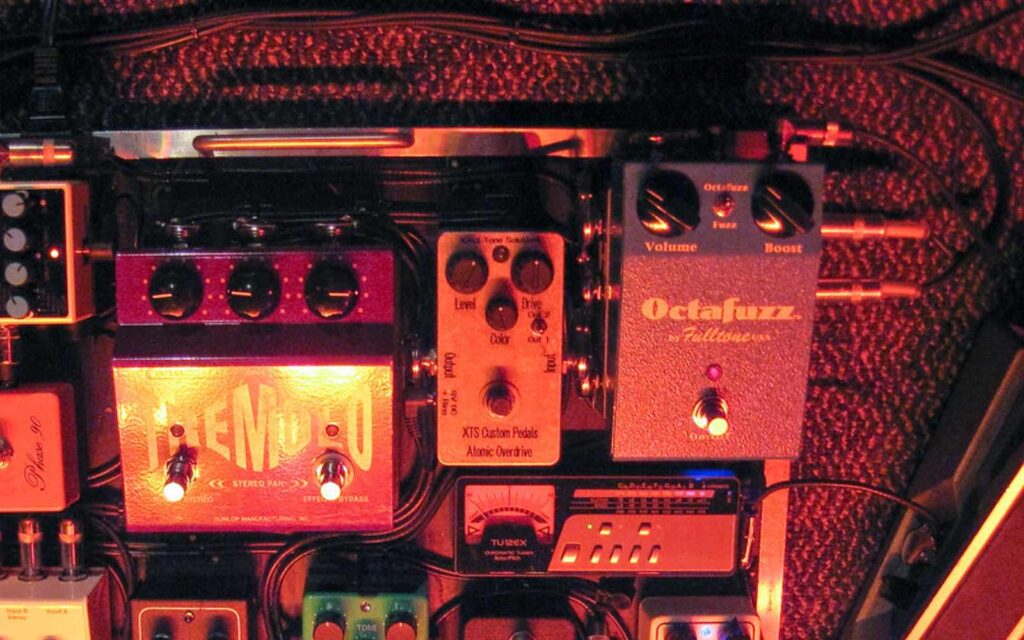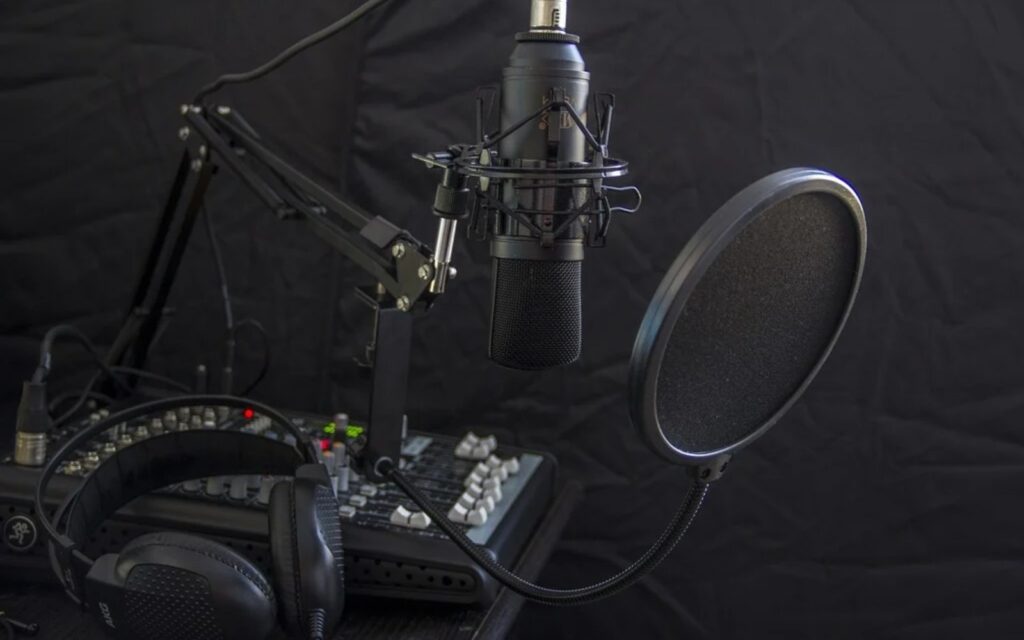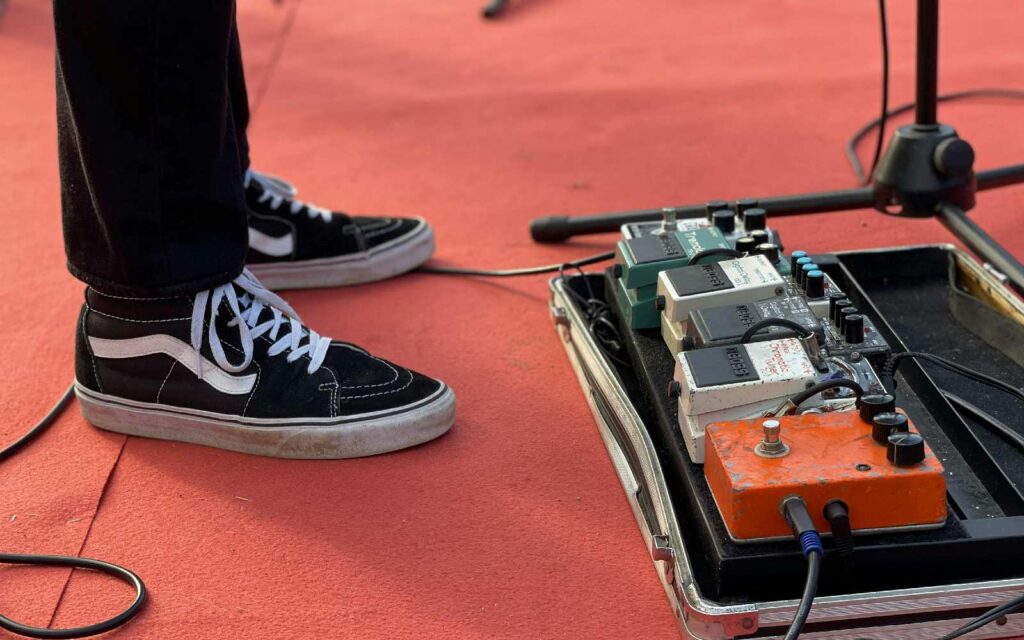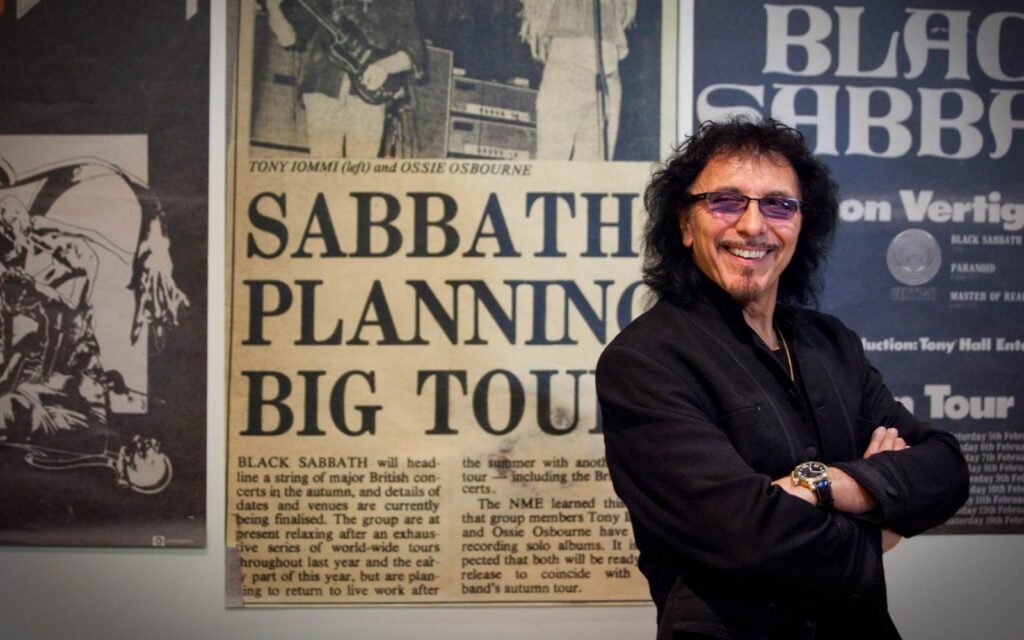A deep dive into COVID-19 safety protocols, what's working in Australia, New Zealand and around the globe.
2020 saw most major festivals and shows cancelled worldwide, but with optimism around vaccine rollouts and greater practice in dealing with the virus, festivals are back.
Australia’s control on the pandemic has let live entertainment of all forms back into people’s lives as festival goers have been made jubilant with their triumphant, yet unfamiliar return.
Read all the latest features, interviews and columns here.
Secret Sounds unveiled their virtual Splendour XR festival last week in a typically COVID-driven creative and unprecedented way to attain the festival experience many have been longing for.
The extended reality event will bring the true Splendour experience to life with a completely immersed North Byron Parklands digital recreation ready to explore.
Splendour co-founder and head of Secret Sounds Jess Ducrou said that “it makes you feel like you’re actually there”.
“You’ll recognise the tree that you normally meet your friends at,” she said.
The line-up is what you’d expect if the pandemic had not occurred, with headliners like The Killers, Khalid, and Charli XCX among the many homegrown and international acts to ‘play’ over the two days.
With users able to navigate the parklands and virtually attend sets that have been prerecorded and performed however the band or artist decided, it affirms that Australia’s adaptability has again led the way in terms of running major events post-pandemic.
Whether it was the player bubbles like the AFL and NRL actioned, or getting tens of thousands of fans back through the gates for music and sporting events, Australia has been able to traverse the COVID-safe planning and running with great success.
Piknic Élektronik was able to run multiple events this year at the Sidney Myer Music Bowl and shows the adapted nature of what is required to run these events. The festival managed to get a few international acts in to play including DJs Ben UFO and Marcellus Pittman.
Among separated sections where people could not cross over, were isolated decks and tables which groups occupied to limit the movement as much as possible, despite the limited community transmission in Melbourne at the time these events ran.
As has been the case for all the pandemic, each state has acted independently due to the variance in case numbers and exposure sites.
Further North in the red centre saw Wide Open Space festival run from April 30 to May 2, which did not require as much separation and isolation as Piknic Élektronik. They instead focused on limited capacity and a 25-dollar COVID-safe levy on tickets for cost of cleaning, sanitising, campsite management, and security to account for COVID-safe planning requirements.
Such planning and additional cleaning and management requirements were still necessary despite the Northern Territory performing second-best out of all states and territories in Australia behind just the ACT with 174 total cases.
World-renowned Bluesfest endured grave financial losses due to last year’s cancellation, and was forced to cancel their scheduled festival in April which would have been Australia’s first major festival to run.
After rescheduling for October at Byron’s Tyagarah Tree Farm, organisers have announced a stacked line-up with Midnight Oil, Paul Kelly and Tash Sultana set to rock the event.
Their COVID-safe plans were approved and ready to be enacted last time and were only cancelled due to a spike in cases that deemed the event to be unsafe, so they are certainly prepared, if not more so, this time around.
New South Wales Health has approved planning which includes multiple stages, QR codes to sign in, zoned areas to restrict free roaming, fixed seating, no cash, face masks, COVID-safe marshals, sanitation, and of course, social distancing.
Australia and New Zealand have become the marvels of the world with Six60’s concert triggering music and entertainment pundits worldwide to up their safety measures to get on the same level.
America’s booming vaccine rollout is responsible for the country’s reopening in many areas, or at least the optimism about a return to normality.
Pitchfork Music Festival is due to hit Chicago in September and will require attendees to be fully vaccinated against COVID-19 or have proof of a negative test in the previous 24 hours.
Masks will be compulsory except when eating and drinking, and all other safety measures will follow Chicago health guidelines depending on the health situation at the time.
Their website states that they will continue their “on-site Resource and Response Centre where professionally trained counsellors and a dedicated security team are available to attendees who witness or experience behaviour in violation of Pitchfork Music Festival’s Code of Conduct”.
“We understand that getting back to a crowded festival might bring on new and unexpected responses, so we will have additional staff on hand, trained in crowd anxiety and other related fields,” they said.
Globally acclaimed Coachella was forced to postpone until April next year, and while no specific safety measures have been put in place yet due to how far away it is, they hope a decrease in COVID cases and an increase in vaccinated people will allow for the festival to go ahead safely.
In Europe, the Belgian government has given the green-light for Tomorrowland to run as desired with 75 thousand attendees allowed at festivals from August 13, two to three weeks prior to their scheduled dates.
“We want to study the guidelines and parameters from the national government in the next few days so that we can properly communicate the different scenarios and implications,” a festival statement said.
“With a combination of vaccination and rapid testing at the door, we believe we can make Tomorrowland a safe place, which so many people have been looking forward to for so long.
“We will take every measure and guideline very seriously and apply all the right protocols”.
Meanwhile for the Reading & Leeds Festival, it will “almost certainly” have a COVID-vaccine passport system, which is currently being trialled for this year’s festivals, according to organiser Melvin Benn.
“I’m taking the Prime Minister at his word that from June the legal restrictions will be off and as he and the culture secretary said: ‘We are looking forward to a summer of fun’,” Benn said.
“If it is cancelled everyone gets a refund – that’s pretty normal – but I’m certainly anticipating it going ahead,” he added.
Benn also confirmed in the BBC interview there will be a dedicated COVID medical director and team on site, and that the festival will share the same safety protocols as bars and restaurants.
Conversely, DF Concerts Chief Executive Geoff Ellis has criticised the Scottish government for their lack of transparency for reopening without social distancing, arguing the Scottish public wouldn’t accept being unable to attend concerts in Scotland, especially if 90 thousand people could attend Reading and Leeds Festival with no social distancing in England.
While there have been bumps in the road for Australia and New Zealand in their curtailing of the pandemic, they have led the way in their COVID-safe event protocols with beaming optimism for all those anticipating their first festival attendance since the pandemic began.
For up to date COVID-19 information in Australia visit the Department of Health.
